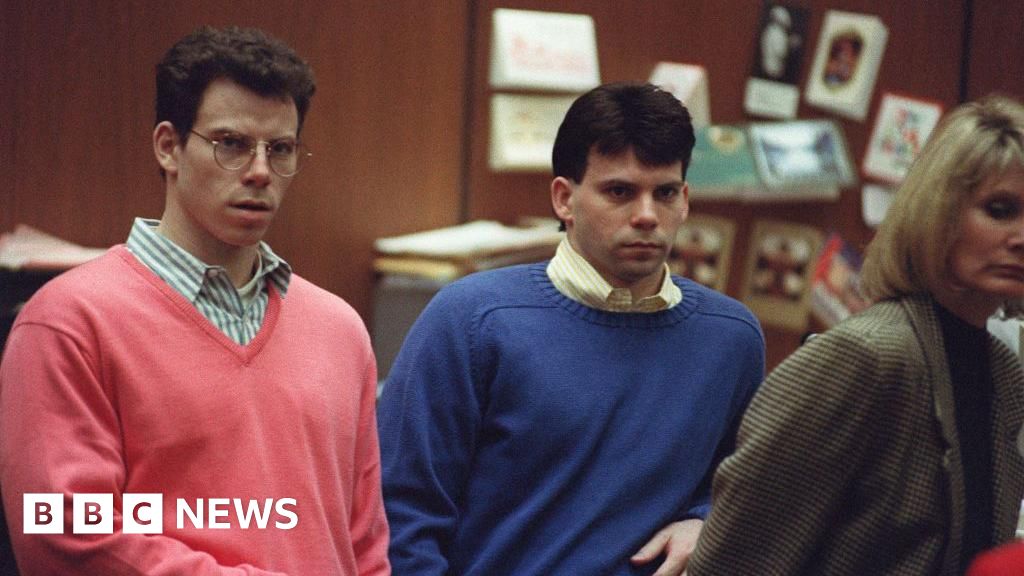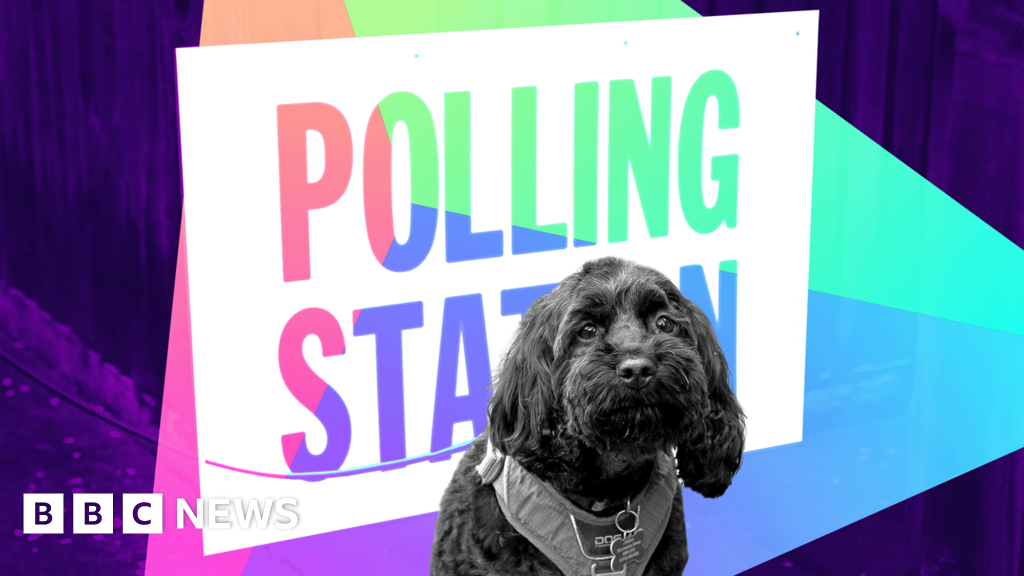Menendez Brothers' Freedom Bid Advances as Judge Rules on Resentencing

A Los Angeles court has recently ruled that the resentencing hearing for the Menendez brothers, Erik and Lyle, can proceed despite objections from the district attorney's office. This decision marks a significant step in the brothers' ongoing quest for a potential reduction in their sentences, which could eventually lead to their eligibility for parole. The Menendez brothers were infamously convicted in 1996 for the brutal murder of their parents, Jose and Mary Louise Menendez, in their opulent Beverly Hills mansion back in 1989. The case has remained a contentious topic in American society, drawing mixed opinions and continuing to divide public sentiment over the years.
Currently serving life sentences without the possibility of parole in California, the brothers' legal team is pushing for a resentencing to a term of 50 years to life. This change would make them eligible for parole consideration, under a California law that permits certain inmates who were under the age of 26 at the time of their crimes to seek such a review. The rationale behind this law is grounded in the understanding that brain development continues into a persons mid-20s, potentially influencing their decision-making capabilities at the time of the crime.
The ruling from Friday sets the stage for pivotal hearings scheduled for next week, where the court will decide if the Menendez brothers will indeed be resentenced. The Los Angeles District Attorney, Nathan Hochman, has voiced strong opposition to this resentencing, arguing that the process initiated by his predecessor, George Gascn, was politically motivated, especially as it unfolded just before the November elections. Hochman succeeded Gascn, who lost the election by a significant margin.
During the virtual court hearing, Erik and Lyle Menendez appeared from a San Diego prison facility, dressed in blue prison jumpsuits. Their demeanor indicated visible signs of anxiety, as they occasionally looked down, fidgeted in their chairs, and took deep breaths while prosecutors presented harrowing details of their past crimes. The district attorneys office maintains that while rehabilitation is an important aspect of justice, the act of resentencing should be approached with caution and due diligence.
Deputy District Attorney Habib Balian was particularly critical of Gascn's support for the resentencing, labeling it as a politically charged decision made in haste. He argued that the Menendez brothers have not fully accepted accountability for their actions and continue to manipulate elements of the narrative surrounding the case to evade responsibility.
Mark Geragos, the attorney representing the Menendez brothers, countered by suggesting that the district attorney's office was more focused on revisiting the original trial rather than evaluating the brothers rehabilitation efforts during their 35 years of incarceration. Geragos highlighted that both brothers have pursued educational opportunities while imprisoned and even initiated rehabilitation programs aimed at helping disabled and elderly inmates, along with individuals dealing with trauma.
The judge presiding over the case expressed that the prosecution had not provided sufficient justification for halting the resentencing process, emphasizing the need for consistency in the application of justice, regardless of changes in leadership. Theres no new information, the judge remarked. None of this is really new. Theyve stuck with their story. It goes to whether theyve been rehabilitated.
The Menendez brothers' case has regained national attention over the past year, largely due to the emergence of new evidence and the release of a Netflix dramatization titled Monsters: The Lyle and Erik Menendez Story. This series has captivated a new generation of viewers and stirred up discussions around the case, drawing support from prominent figures, including celebrities such as Kim Kardashian and Rosie O'Donnell, who have both publicly advocated for the brothers' release.
As the upcoming hearings approach, the public remains divided on the fate of the Menendez brothers, questioning the balance between justice and rehabilitation in the American legal system.
















